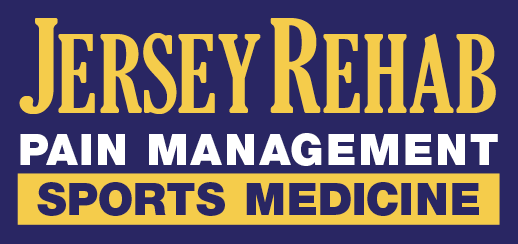Back Pain FAQ
Given our sedentary lives, backpain is not uncommon. Here are some situations when it’s a good idea to consult a doctor:
- If you feel numbness or irritation in your back, it could mean nerve irritation or damage.
- If the pain is accompanied by unnatural weight loss.
- If there is redness or swelling in the back.
- If you have problem controlling your bladder or bowel movement.
- If you also have a shooting pain down your legs or arms.
Back pain is not generally something you go to the ER for. But there are times when you should not discount that option. These are:
- If you experience nausea, vomiting or loss of consciousness, along with severe back pain.
- In case of an injury, like slipping down the stairs, being in a car accident, or crashing your bike.
- If you have trouble controlling your bladder or bowel movements.
- If you feel sudden weakness in your legs, along with back pain.
Some people experience back pain when they lie down to sleep at night. Some of the causes are:
- Problem with spine movement. It is known as disc degeneration.
- If you are suffering from ankylosing spondylitis. It causes pain in the lower back and gets worse during the night.
- If you are suffering from sprains or fractures in your back. These could be caused by a fall or lifting heavy objects.
Back pain is among the most common and debilitating conditions. Here are some tips that may help you:
- Get the right sleeping position. Sleeping on the side with a pillow in between the legs may help. Elevating your legs or knees when sleeping can also relive pain.
- Apply heating pads to your back.
- Try to maintain a good posture throughout the day.
- Physical therapy and weight loss can provide relief from back pain.
Common treatments for chronic back pain include physical therapy, which helps improve mobility and strengthen back muscles. Medications such as nonsteroidal anti-inflammatory drugs (NSAIDs), muscle relaxants, and pain relievers can reduce inflammation and alleviate pain. Lifestyle changes, including regular exercise and weight management, play a crucial role in reducing back pain. Complementary therapies like acupuncture and chiropractic care can also provide significant relief. In more severe cases, interventional procedures like steroid injections or surgery might be necessary.
Yes, many cases of chronic back pain can be effectively managed without surgery. Non-surgical treatments include physical therapy, which focuses on exercises to strengthen the back and improve flexibility. Medications such as NSAIDs and muscle relaxants help manage pain and inflammation. Acupuncture and chiropractic adjustments offer alternative pain relief methods. Lifestyle modifications, such as regular physical activity, maintaining a healthy weight, and practicing good posture, can also significantly improve symptoms and overall back health.
Lifestyle changes can significantly impact chronic back pain management. Regular exercise strengthens the muscles supporting the spine, improves flexibility, and reduces pain. Maintaining a healthy weight alleviates pressure on the back, preventing further strain. Good posture habits reduce stress on the back during daily activities. Quitting smoking improves overall health and reduces pain perception. Managing stress through techniques like yoga, meditation, and mindfulness can also help in reducing pain intensity and improving quality of life.
